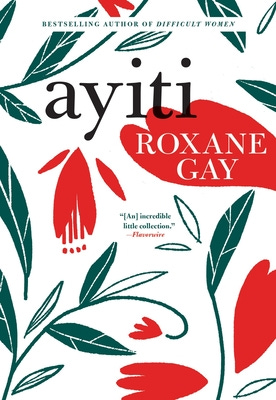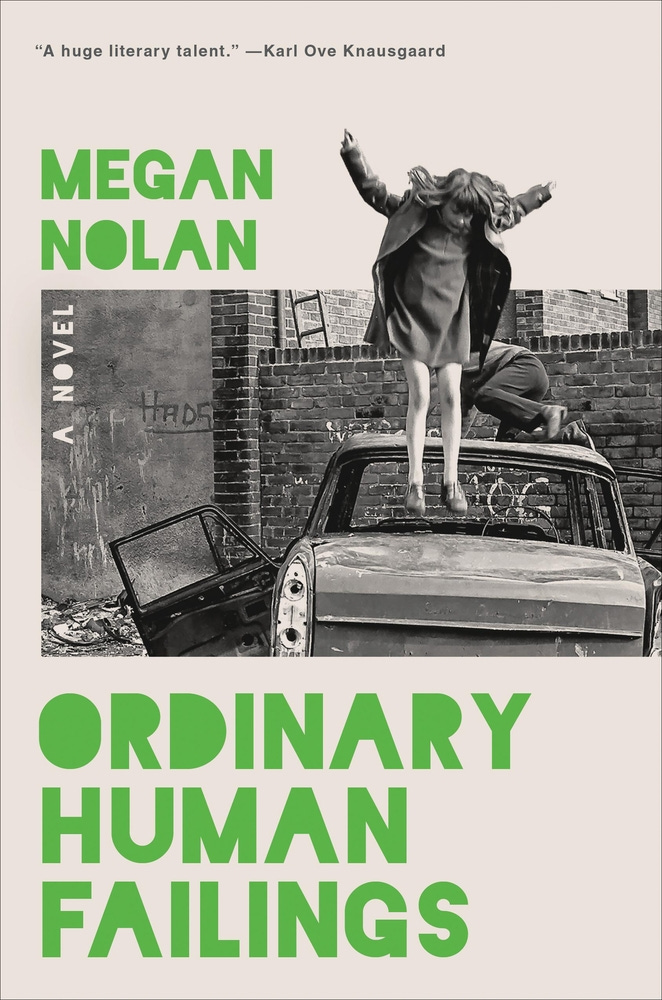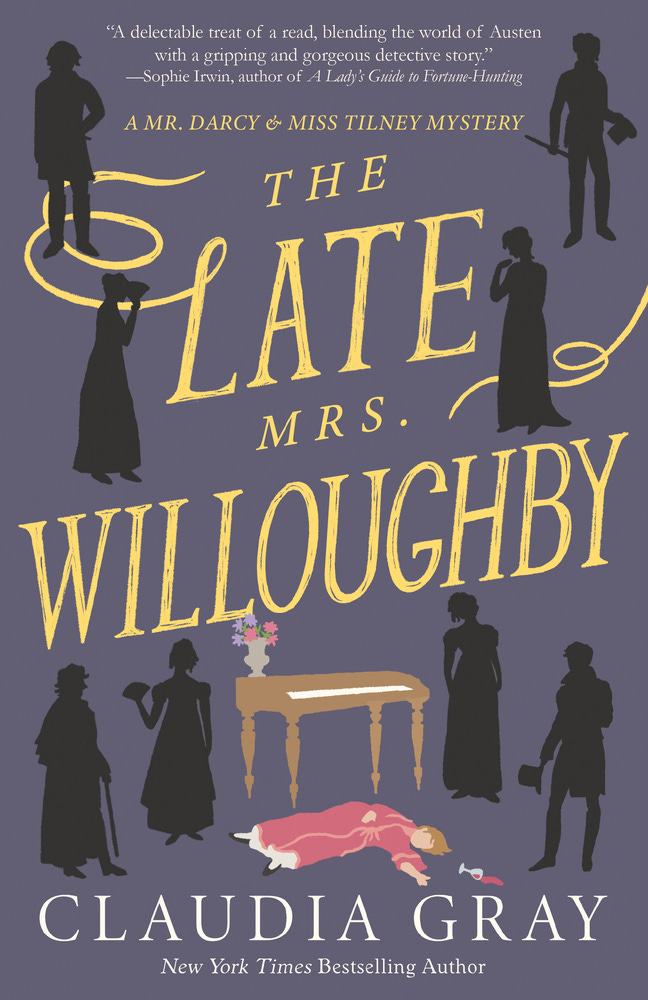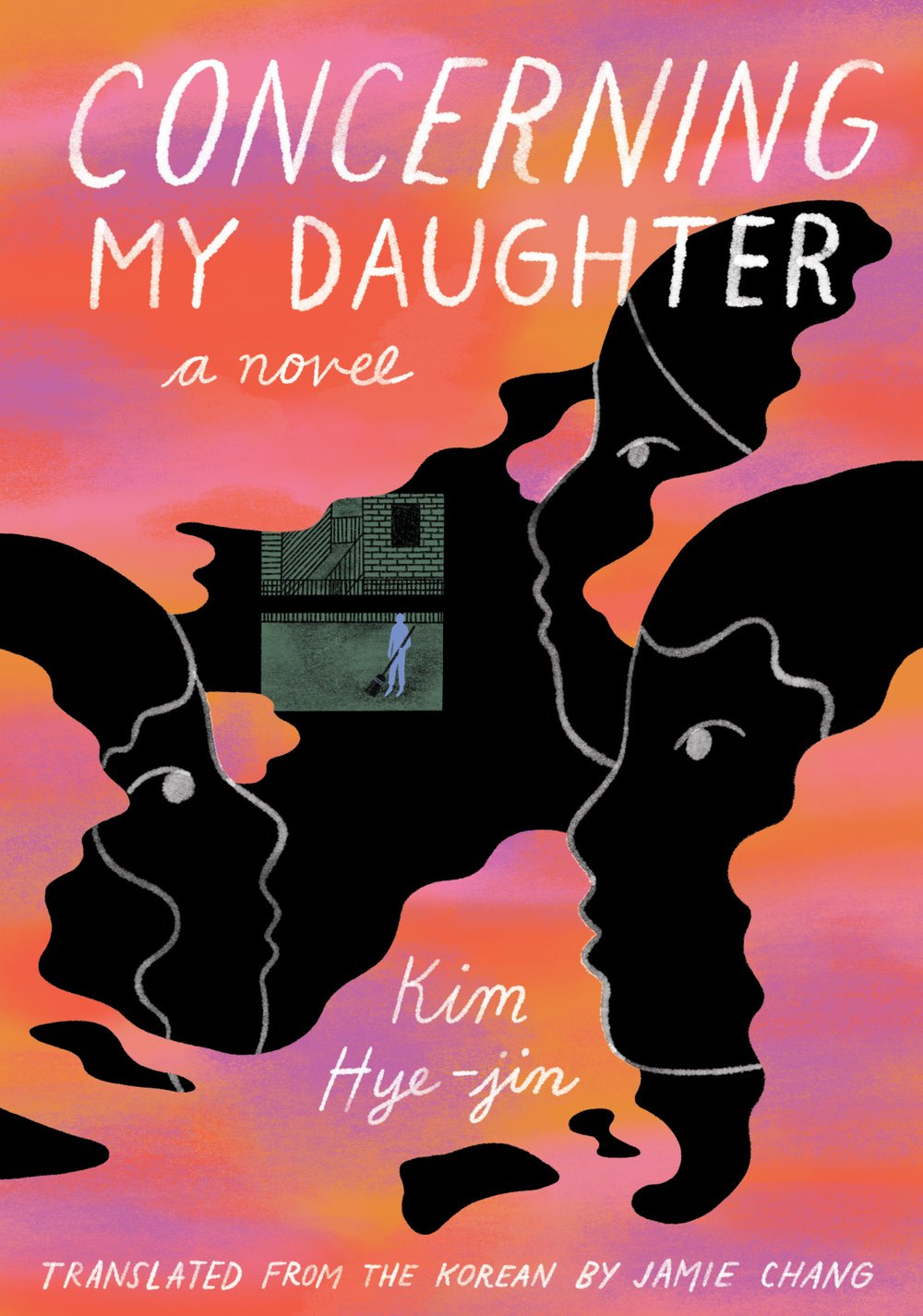Bookworm: June 2024
'Ayiti,' 'James,' 'Ordinary Human Failings,' 'The Late Mrs. Willoughby,' 'Concerning My Daughter'
This post contains an affiliate link or links. If you use a link to buy a book, I may earn a small commission. You can find all the books that have been featured in this newsletter in my Bookshop store.
Table of contents
Short stories: “Ayiti,” by Roxane Gay
Fiction: “James,” by Percival Everett
Fiction: “Ordinary Human Failings,” by Megan Nolan
Cozy mystery: “The Late Mrs. Willoughby,” by Claire Gray
Fiction: “Concerning My Daughter,” by Kim Hye-Jin
“Ayiti”
June is Caribbean American Heritage Month. In commemoration, I read the story collection “Ayiti," by Roxane Gay, a Haitian American author, professor, editor and social commentator.
The stories explore various aspects of the Haitian diaspora. Some are only a page long; one is more than 50 pages. Gay channels a teenage boy mocked at school for his hygiene, a young couple preparing to cross the Caribbean to Miami, a young woman who uses a love potion on a notorious neighborhood player, another young woman coping with her family’s history of trauma at the hands of soldiers, and more.
In an interview with Electric Lit in 2018, when the book was reissued, Gay said:
Short fiction is an ideal medium for bringing to bear the horrifying reality of our present moment. It allows the comfort of distance provided by fiction but also allows an unbearable intimacy of painful truths. It engenders empathy by getting readers to care about circumstances other than their own.
She added:
In Ayiti, I simply wanted to write about and convey the multiplicity of the Haitian diaspora experience. All too often in the American media, Haiti is only discussed in one narrow, limiting way. I wanted to offer something that is, I hope, different.
“James: A Novel”
Since the Oscars, I’ve been working my way through the Best Picture nominees. When I finally got to “American Fiction” recently, I was surprised to see the name Percival Everett in the credits. I hadn’t realized that the film, a satire of what it takes for a Black novelist to break into the best-seller lists, was adapted from Everett’s book Erasure.
I have to confess that had I seen the movie a few months earlier, I wouldn’t have registered Everett’s name. It leapt out because my book club chose “James,” his latest novel, as our June read.
I found “James” a brilliant re-imagining of Mark Twain’s classic “The Adventures of Huckleberry Finn,” re-told from the perspective of Jim, the enslaved Black man who joins Huck in a trip down the Mississippi River, Jim fleeing the prospect of being sold, Huck his abusive father.
Everett doesn’t just move the microphone from one set of hands to another. For one thing, Twain’s book, a sequel to “The Adventures of Tom Sawyer,” retains much of the boys-on-a-lark spirit of that book. Indeed, Tom is a vivid presence throughout Huck Finn’s story. But Tom vanishes from Everett’s book, which is unmistakably a story about and for grown-ups. I couldn’t help but see this as a retort to the systemic exclusion of Black men from the white adult world by practices such as calling them “boy,” addressing them by first names only and keeping them illiterate.
In Everett’s rendering, James — even his name has grown up — has learned to read well and is a code-switcher exemplar, which allows him to render biting comment on the society he lives in. One of my favorite scenes is one in which he tutors several children, including one named February, on how to use the “slave filter” to protect themselves by behavior and word:
The children said together, “And the better they feel, the safer we are.”
“February, translate that.”
“Da mo’ betta dey feels, da mo’ safer we be.”
“Nice.”
James and Huck’s journey along Everett’s Mississippi is a careful curation of the experiences they have in Twain’s original. The oily con men who call themselves the Duke and the Dauphin return, inflicting just as much mayhem; the feuding Grangerfords and Shepherdsons appear as well. Everett adds one original encounter in which James becomes part of a blackface minstrel troupe; this allows for musings on how we literally see race.
Twain’s book remains a classic. But I fervently second The New York Times book critic Dwight Garner’s suggestion that “Huckleberry Finn” and “James” be bundled together henceforth. What a gift Everett has given American literature.
Coming to a screen near you: I recently came across a Lit Hub report that Taika Waititi, whose loopy humor I’ve enjoyed in the Marvel movie “Thor: Love and Thunder” and the satirical vampire series “What We Do in the Shadows,” is slated to direct a film adaptation of “James.” That’s definitely going on my watch list.
“Ordinary Human Failings”
I came to Megan Nolan’s 2024 novel by way of the Clegg Agency, a literary agency in New York that’s shepherded a number of books and authors I’ve enjoyed.
The novel opens with a London tabloid reporter who sniffs out a potentially career-making story: the killing of a 5-year-old girl, apparently by a 10-year-old girl. It’s 1990, so the reporter has only other journalists for competition. With his editor’s approval, he ingratiates himself with the family of the 10-year-old, whisking them away to a hotel and buying them food, drink and clothes in exchange for lengthy interviews. He envisions a narrative of good vs. evil: the 5-year-old’s “do-gooder” family vs. the 10-year-old’s “bad apples” family.
But as he digs into the lives of the latter, he doesn’t find much to write about beyond ordinary human failings: unwanted pregnancy, alcoholism, disaffected relationships, lack of purpose and direction, long-held secrets and grudges. This hardscrabble family might not distinguish humanity, but nor are they a rogues’ gallery. Their biggest sin seems to be that they’re working-class Irish immigrants who aren’t pulling themselves up by their bootstraps.
Nolan has written a perceptive psychological study about the choices we make and don’t make, the social mores and pressures we resist and succumb to, the people we embrace or hold at arm’s length. Her characters struggle for agency and ignore opportunities to seize it. They see how they can improve their lot in life and then promptly undermine themselves. In short, they’re ordinary humans.
“The Late Mrs. Willoughby”
I’m always on the lookout for Austen Lit, so I was delighted to recently read about Claudia Gray’s Mr. Darcy and Miss Tilney Mystery Series. Imagine a mashup of Jane Austen and Agatha Christie, starring the offspring of two Austen couples. The next time I was at the library, I looked for the series and found the second book, “The Late Mrs. Willoughby,” which places its amateur detectives in the world of “Sense and Sensibility.”
This Mr. Darcy is Jonathan, the son of Elizabeth and Fitzwilliam Darcy, of Austen’s most popular novel, “Pride and Prejudice.” Miss Tilney is Juliet, the daughter of Catherine and Henry Tilney, of Austen’s Gothic horror parody, “Northanger Abbey.” Jonathan and Juliet each have a connection to an ill-fated “Sense and Sensibility” couple: He went to school with John Willoughby, while she is a friend of Marianne Brandon, nee Dashwood, once courted by Willoughby. (Pro tip: Don’t get caught up in how old these characters are or should be. Just go with it.)
As Jonathan, Juliet and others are gathered one evening at the Willoughby home, they witness the sudden and mortifying demise of Mrs. Willoughby, nee Sophia Gray, whose fortune prompted her husband to throw over Marianne. When the authorities conclude that Mrs. Willoughby drank a poisoned glass of port, Jonathan and Juliet can’t resist embarking on an investigation — together, ooh la la — to identify the killer.
Gray channels Austen well while writing in her own distinctive voice. Creating a new set of characters within the same universe to simultaneously pay homage and stake out new territory is a clever idea. (Call it Austen: The Next Generation.) Gray nails all the cozy mystery tropes, from a close-knit community to the local busybody to the magistrate who is somebody’s brother-in-law to the red herrings. I’ll definitely be on the lookout for the other titles in the series.
“Concerning My Daughter”
June is also Pride Month. For my personal observance. I chose Korean author Kim Hye-jin’s “Concerning My Daughter,” translated by Jamie Chang.
The protagonist, whom I’ll call Mom, works as a caregiver for a once-renowned activist called Jen who now has dementia. Every day, Mom shows up at the nursing home where Jen lives to tend to her daily needs while privately wondering why Jen chose to spend her life working on behalf of children she’d never meet. What a waste, our protagonist concludes. She finds it a relief to leave Jen and go home.
But her peace and quiet are disrupted when her daughter, nicknamed Green, moves back in, bringing along a female friend, Lane. At least that’s how Mom prefers to think of Lane. Green would much rather that Mom acknowledge Lane as Green’s partner of seven years. But that would mean acknowledging Lane is a lesbian, and Mom can’t bring herself to do that.
Green has moved home because she’s lost her job — she and other instructors at the university where she works have been fired over their sexual orientation. Protests erupt, and Mom finds her concern for her daughter’s safety and future starting to override her shame and anguish over Lane and Green’s relationship. Eventually she makes her way to the protest site.
That things happened in that place, I want to observe from a distance like someone who has nothing to do with it. But it’s getting harder to do. The people around me and a certain world keeps pushing me to the center and forces me to stand right in the middle of it.
Things with Jen take a turn as well. And suddenly, the world that Mom once kept comfortably at bay, shutting it out the instant she closed her front door, is right inside her home, where she can no longer pretend things are different from what they are.







Like I need more books to read! But these look so tempting. Thank you for spotlighting them.